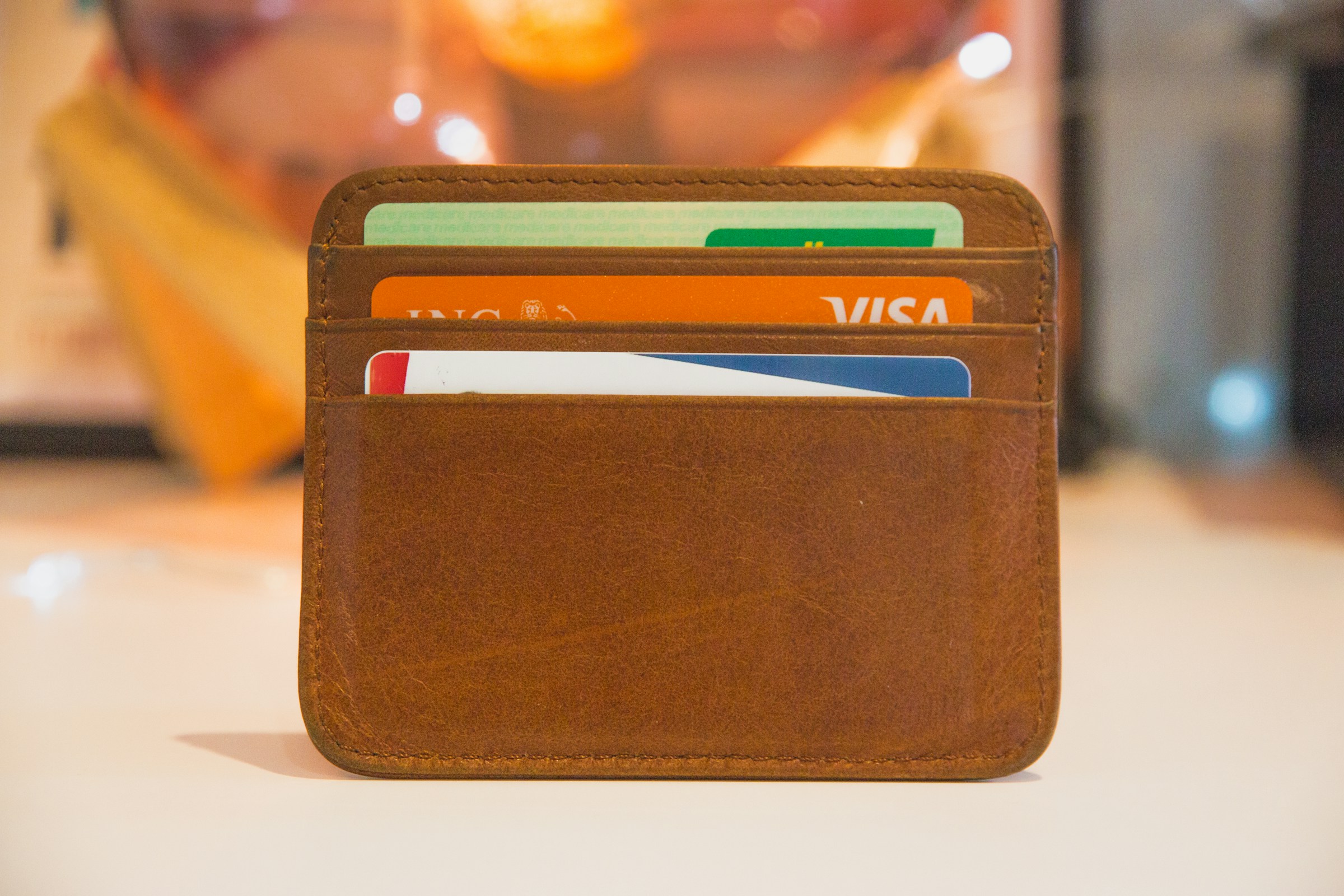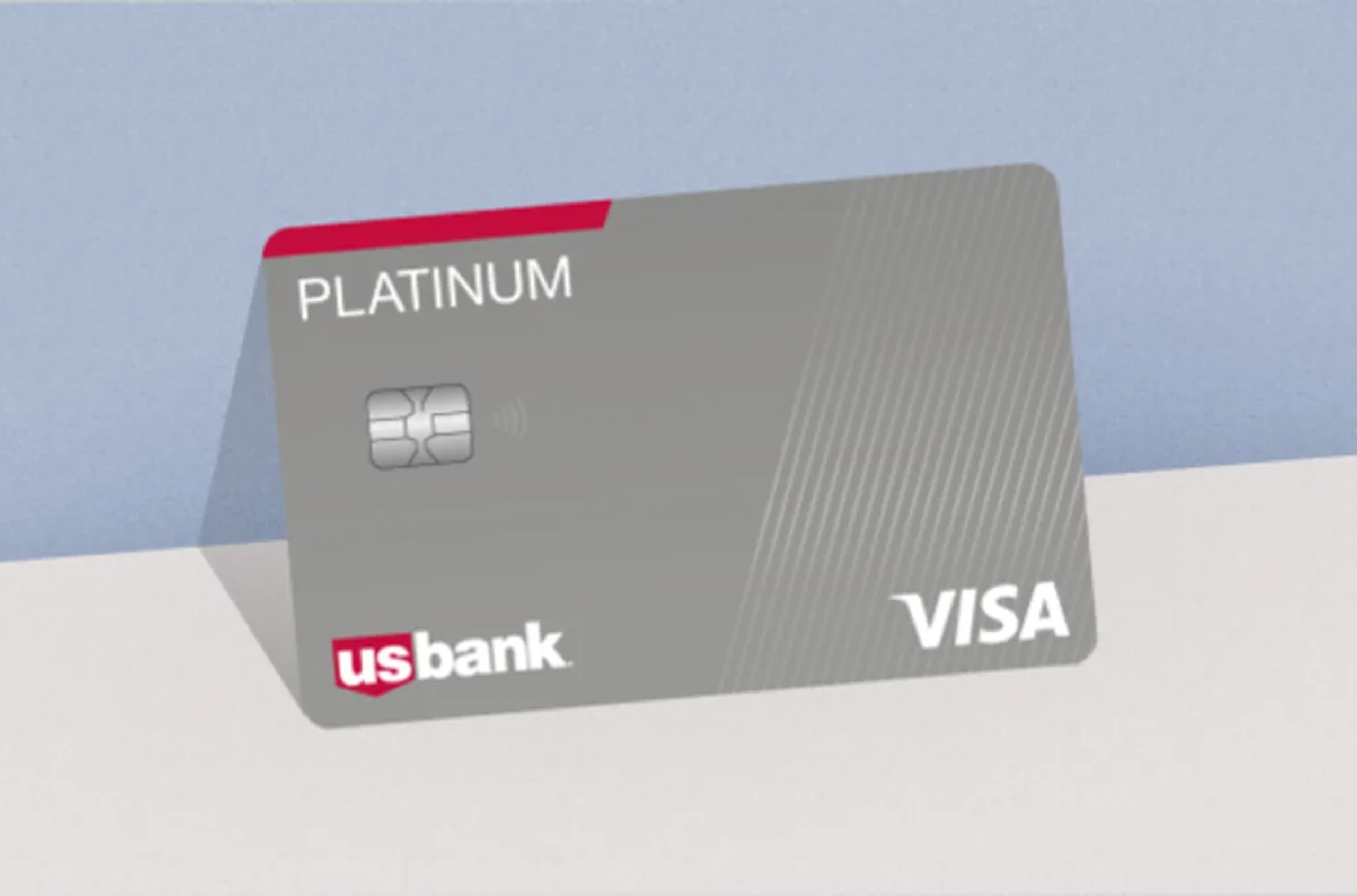
Credit cards often get a bad rap. And, some of it can be for good reason. If you are using a credit card to overspend, then you are just plain using it wrong. In all honesty, strategic credit card usage can significantly impact your journey toward debt reduction. The right card might serve as a powerful tool for consolidating existing debts, securing favorable interest rates, and ultimately decreasing your financial burdens.
1. The Citi Diamond Preferred Card

The Citi Diamond Preferred Card stands as a remarkable option for consumers struggling with high-interest debt across multiple accounts. This card offers an industry-leading 21-month 0% APR period on balance transfers, providing nearly two years of interest-free payments toward your principal balance. The extended promotional timeframe significantly exceeds what most competitors provide, allowing you sufficient time to make meaningful progress on debt reduction. Despite its $0 annual fee structure, applicants should note the 5% balance transfer fee, which might impact initial savings calculations.
2. Discover it Cash Back

The Discover it Cash Back card transforms everyday spending into a powerful debt reduction mechanism without requiring changes to your routine purchases. The card’s standout feature includes automatic dollar-for-dollar matching of all cash back earned during your first year, effectively doubling your rewards when applied toward existing balances. With rotating 5% cash back categories each quarter (grocery stores, gas stations, restaurants) and unlimited 1% on all other transactions, your regular expenses continuously generate funds for liability reduction. Plus, Discover’s unique “Paydown Planner” feature analyzes your spending patterns and recommends optimized payment strategies tailored to your financial situation.
3. Wells Fargo Reflect Card

The Wells Fargo Reflect Card delivers exceptional value through its combination of long-term stability and forgiveness features designed specifically for debt consolidation purposes. This card provides a 0% introductory APR for 18 months on both purchases and balance transfers, with a unique extension feature that adds three additional interest-free months when you make on-time minimum payments during the promotional period. Beyond the introductory period, the card maintains one of the industry’s lowest ongoing APR ranges, making it suitable for those unable to completely eliminate balances during the promotional window.
4. U.S. Bank Visa Platinum Card

This one may only work for you if your credit is sparkling. The U.S. Bank Visa Platinum Card specifically caters to consumers with excellent credit who need substantial breathing room for managing large existing debts. The card features one of banking’s longest 0% APR introductory offers at 20 billing cycles for both balance transfers and new purchases, providing nearly two years of interest-free repayment opportunities. Unlike many competitors, this card maintains a relatively low 3% balance transfer fee, potentially saving hundreds of dollars when consolidating significant amounts from high-interest accounts.
5. Discover it Secured Credit Card

Discover pops up twice on this list, and for good reason. The company has some of the most useful cards in the industry. The Discover it Secured Credit Card creates a viable path for borrowers with damaged credit to simultaneously rebuild their scores while addressing existing liabilities. Unlike most secured cards, this option offers genuine cash back rewards—2% at gas stations and restaurants (up to $1,000 in combined purchases quarterly) and unlimited 1% on all other purchases—allowing budget-conscious consumers to accelerate debt reduction efforts. The refundable security deposit (starting at $200) establishes your credit line while Discover’s automatic account reviews begin after just seven months, potentially transitioning responsible users to an unsecured card with higher limits.
The Right Card Is Only Part of a Winning Strategy

Selecting the right credit card represents just one component of a comprehensive debt reduction strategy, but its impact can be substantial when utilized correctly. Each option presented offers unique advantages depending on your specific financial situation, credit profile, and debt management goals. Before applying, carefully calculate potential savings through balance transfer fees, promotional periods, and ongoing interest rates as they apply to your current liabilities. Consider reaching out to a financial advisor for personalized guidance on incorporating these tools into your broader financial plan.

Stephen began his career as a Research Assistant at a reputable middle-market private equity firm, where he honed his skills in market research, financial analysis, and identifying investment opportunities. He then transitioned to full-time financial writing focusing on small-cap biotech innovation and digital payment solutions. Today, Stephen is a value-based retail investor and novice baseball statistician.
















